In the intricate world of finance, where unpaid debts can disrupt financial stability, debt collection agencies act as skilled navigators, helping creditors recover outstanding sums professionally and ethically. Their operations are a blend of expertise, adherence to legal standards, and effective communication. Let’s delve into the mechanics of how debt collection agencies work, providing you with insight into their crucial role in debt recovery.
1. Initial Assessment and Verification
The journey of debt collection begins when a creditor refers a delinquent account to a collection agency. Here’s how the process unfolds:
- Account Information: The creditor provides the collection agency with detailed information about the debtor and the outstanding debt. This includes the debtor’s contact information, the amount owed, the nature of the debt, and any supporting documentation.
- Verification: The collection agency verifies the accuracy of the provided information to ensure the legitimacy of the debt.
2. Contacting the Debtor
Once the debt is in the hands of the collection agency, the process of contacting the debtor begins:
- Initial Contact: The agency reaches out to the debtor through various communication channels, which may include phone calls, letters, emails, or even in-person visits, depending on the nature of the debt and local regulations.
- Compliance: Debt collection agencies must adhere to strict regulations, including the Fair Debt Collection Practices Act (FDCPA) in the United States. This ensures that all communication with debtors is respectful, truthful, and within legal boundaries.
3. Establishing Communication
Effective communication is vital for debt resolution. Debt collection agencies:
- Listen to Debtors: They listen to the debtor’s side of the story, understanding their financial situation and any challenges they may be facing.
- Negotiation: Debt collection agencies engage in negotiations with debtors to explore mutually beneficial resolutions. This may involve setting up repayment plans, negotiating settlements, or other arrangements.
4. Legal Action, if Necessary
If negotiations fail and the debt remains unpaid, debt collection agencies have the expertise to escalate the matter legally:
- Litigation: They may initiate legal proceedings to obtain a judgment against the debtor. This may lead to wage garnishment, property liens, or other legal actions.
- Adherence to Legal Procedures: Throughout the legal process, debt collection agencies must strictly adhere to legal procedures and regulations.
5. Debt Resolution and Recovery
The ultimate goal of debt collection agencies is to secure debt resolution and recovery:
- Payment Collection: When a debtor agrees to a repayment plan or settlement, the agency collects the agreed-upon funds.
- Distribution to Creditor: After collecting the funds, the agency disburses the payment to the creditor, deducting their fees and any applicable costs.
6. Reporting to Credit Bureaus
Debt collection agencies typically report the status of the debt to credit bureaus, which can impact the debtor’s credit score. This serves as an additional incentive for debtors to resolve their outstanding debts.
7. Closing the Case
Once the debt is resolved and all necessary actions are taken, the collection agency closes the case. This includes updating the debtor’s account status and concluding any legal proceedings.
8. Ethical Practices
Throughout the process, debt collection agencies are bound by ethical standards and legal regulations, ensuring that they operate professionally and respectfully.

